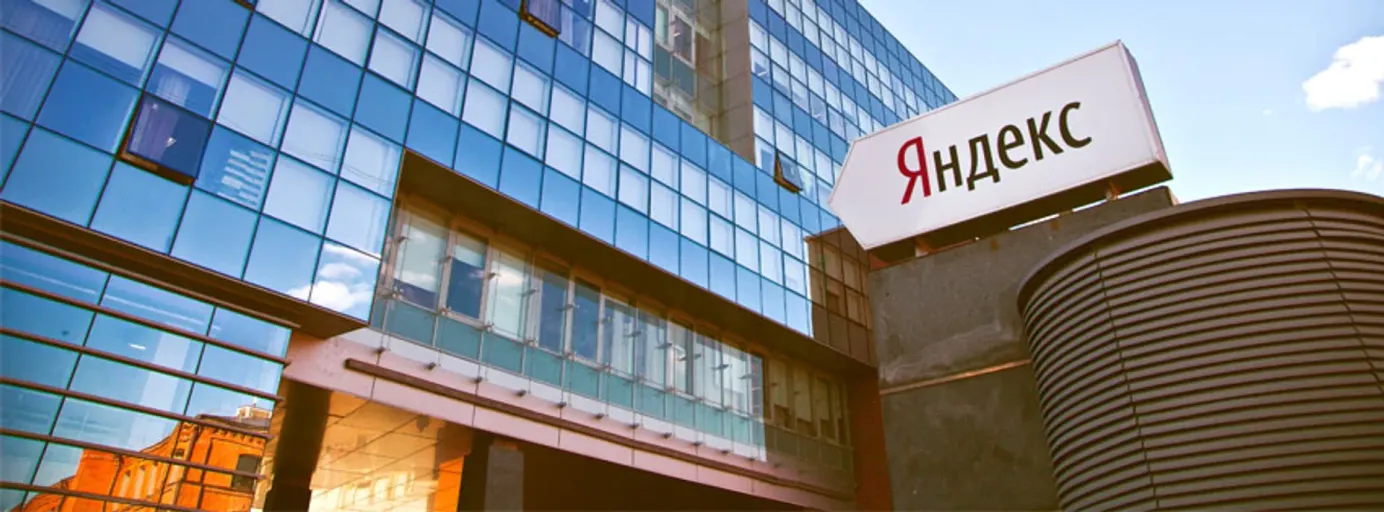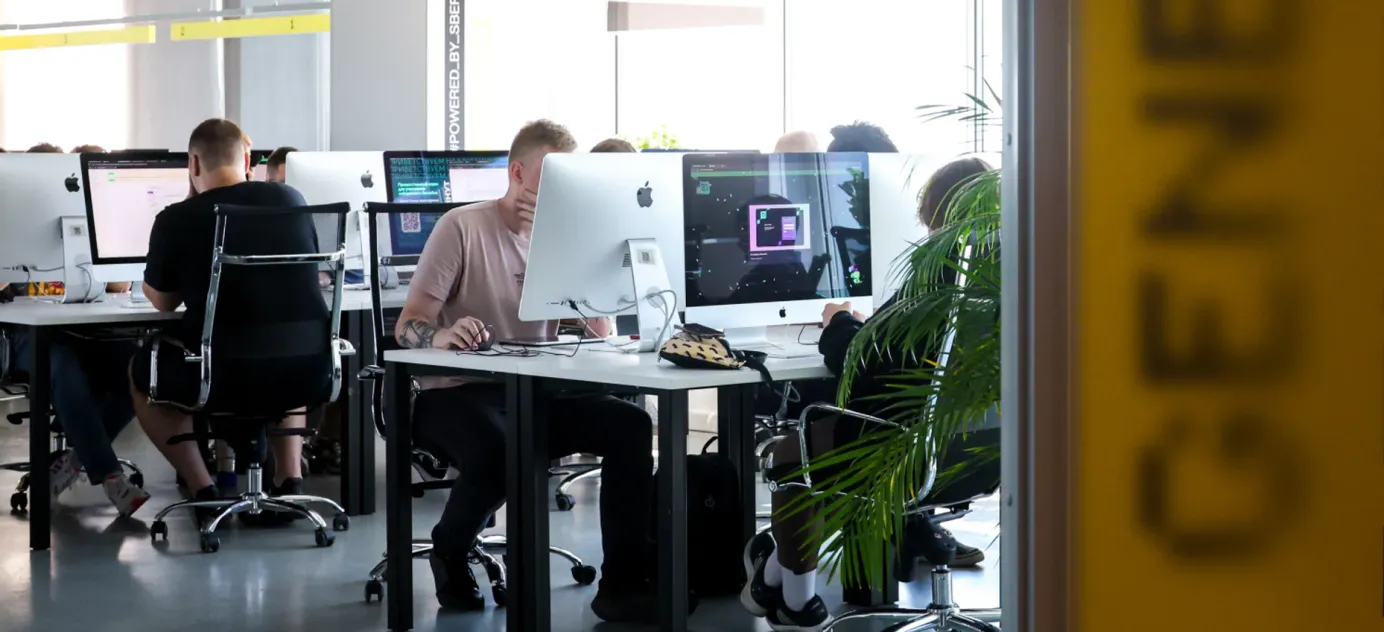
Billionaires compete to buy the ‘Russian Google’
Yandex, one of Russia’s biggest IT companies and a local equivalent of Google, is about to decide on its new owners. The corporation is currently going through a “divorce” from its founder, Arkady Volozh, who is retaining part of the company’s businesses to develop them abroad. As The Bell and Meduza reported, the leading candidates to take over Yandex’s assets are Russian billionaires: co-founder of oil giant Lukoil Vagit Alekperov, owner of steel and mining company Severstal Alexei Mordashov, and Norilsk Nickel owner Vladimir Potanin.
A discount for oligarchs
A few months ago, Yandex invited several leading Russian businessmen to consider controlling stake in the company. Potential buyers had to make their bids alongside an assessment of the company’s future, one source explained.
A controlling stake in Yandex could be sold at a substantial discount. At its peak, the company was worth $30 billion. After the war broke out, that fell to $17 billion. And following the adoption of new legislation about discounts and taxes for foreign business owners (the shares are being sold by a Dutch company, Yandex N.V., controlled by a trust owned by Volozh’s family) the final price could be as little as $7.6 billion. If the deal goes ahead on these terms, it will be a great bargain, one source suggested.
Buyers may be announced within the next two weeks. Sources told The Bell and Meduza that about a dozen people submitted bids. Alekperov, Mordashov and Potanin made the short list. Two sources also named Leonid Mikhelson, owner of gas company Novatek.
One intriguing question is the possible involvement of Roman Abramovich, former owner of Chelsea football club, or his partners. Two sources said that the billionaire had abandoned his plans, while a third insisted that Abramovich, along with his partners and VTB bank (which became joint minority shareholders in Yandex in 2020) are still interested. “Abramovich wanted to buy Yandex outright, including the international business,” one of the billionaire’s acquaintances claimed. Abramovich’s representatives say that his businesses are not involved in any talks to purchase a stake in Yandex.
The Kremlin’s role
The man responsible for securing new investors is Alexei Kudrin, former head of Russia’s Audit Chamber and now corporate development advisor at Yandex. The process has dragged on for several months because Kudrin is looking to reach separate agreements with several candidates over the price and details of the deal, according to one source close to the talks. “That’s not how consortiums are put together,” he said.
The selection process is being curated by the Kremlin. One source claimed that Novatek founder Mikhelson was encouraged to get involved by the Kremlin, even though he was not particularly interested. Not long ago, despite restrictions on business deals with foreign companies, the Russian authorities allowed Novatek to spend almost $1.2 billion on buying out Shell’s stake in the Sakhalin-2 LPG project.
Yandex is keen to ensure that the company has as many new shareholders as possible, each with small blocks of shares. It also wants to have as much distance as possible between investors and the state — to reduce sanctions risks. Vladimir Lisin, owner of the NLMK steel company, and Vladimir Yevtushenko of investment company Sistema, were also invited to make a bid, but they declined to take part, two sources said.
Yury Kovalchuk, a media mogul and close friend of Vladimir Putin, also reportedly showed interest. However, both the company’s management and the current investors of Yandex N.V. were opposed to his involvement.
Sharing the spoils
The share that could be sold to investors in an unstructured Yandex is still up for debate. One possible “divorce settlement” would give the new shareholders 51% of the Russian Yandex, while 49% would stay with Dutch Yandex N.V. Two sources said that retaining the Dutch company as a co-owner is preferred because it mitigates some of the sanctions risks from new investors while also mollifying the American foundations that are minority shareholders via the Dutch company. Ultimately, though, Yandex N.V. will have to completely withdraw from the Russian business.
The Yandex N.V. board is reviewing the terms of the deal. After this, they will be presented to the company’s shareholders. If the shareholders vote in favor, the Dutch company will create a new subsidiary in Russia, which will receive all of Russian Yandex’s business projects, as well as a number of the company’s foreign projects. Then, Yandex N.V. will sell a controlling stake in this company to a consortium of Russian investors in return for money and licenses to Yandex projects that will be developed abroad, including self-driving vehicles and cloud technologies. The “divorce” could be concluded in the fall.
Why the world should care
The major redistribution of assets in Russia that began with the outbreak of war continues. This is somewhat reminiscent of the privatization of Soviet enterprises after the collapse of the U.S.S.R., when major financial institutions took control of state enterprises which then turned into billion-dollar businesses. Asset prices were undervalued, and sales were politically motivated.
Today’s Russian oligarchs have another opportunity to acquire businesses at knockdown prices. Before the Yandex sale, Potanin bought Tinkoff Bank, one of Russia’s leading banks, for just 3% of its market value after its colorful founder Oleg Tinkov began to speak out against the war. It is unclear whether the Yandex sale will be the last of these, but no one can rule out the possibility that there will be others.





